Have you ever watched a TV show or a news program or a commercial and wondered why nothing is left to the imagination any more? I’m one who believes that many things are best left that way–to the imagination, I mean. And, since I believe it, that’s the way I write. Darcy is good at asking a question and leaving it unanswered. But that’s where the reader’s own ideas come into play. For example, in Grave Shift, “So it may be that Rusty wasn’t my only enemy? There may be somebody else out there who doesn’t like me very much?” Grant nodded. “Maybe.”
And again in the third book Darcy asks a question whose answer lies in the imagination of the reader: “Is it possible that when we leave this earth, some of our emotions are left behind in places that are particularly dear? “
Anyway, this young woman Darcy Campbell is full of questions and my guess is that readers are too. But many times it is much more satisfying to supply our own answers based on our own experiences.
Picture books are popular with young children and youngsters pretty well know the story just by “reading” the illustrations. But later, the opposite is true. The old Nancy Drew mysteries had few pictures. However, as I read the exciting adventures of this teenage sleuth, my active imagination saw the story.
Teachers of creative writing encourage their students to sketch scenes using as few words as possible but to make each word count. Vivid verbs, precise nouns, sentences written in the active voice, all these are the colorful paints we apply to our literary canvas. Sometimes we just hint at what we want the reader to see in his/her mind. The reader’s creative vision does the rest.
“I had never before been below the earth in an unknown, perpetual blackness with death waiting above and danger below. Now, memories of teenage tales told at slumber parties and around a campfire crept up on me and I could not dispel them, unwelcome as they were. Stories of unexplained lights flickering near old graveyards, of strangers who mysteriously disappeared, of eerie nighttime noises not only knocked at my mind’s door, they moved in and too up residence.” —The Cemetery Club.
The above excerpt hopefully painted a picture of what Darcy and Flora were feeling vividly enough for the reader to see and feel it too.
Our imagination supplies the answer to many questions that are asked or situations that are hinted at. Sometimes it is more fun to guess at answers than it is to see them spelled out in graphic detail. On television, in movies, in books and in some conversations, there are a few things that are best left to the imagination.


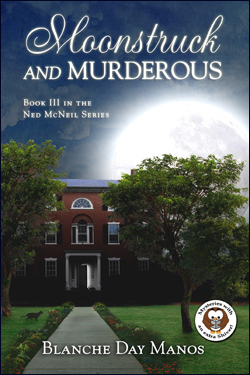
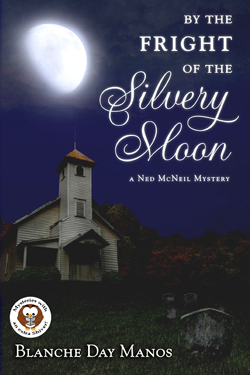
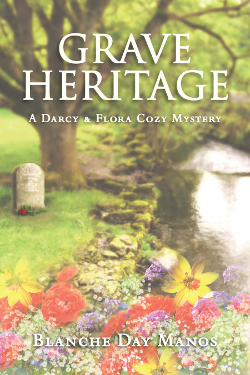
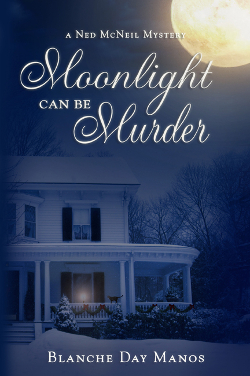
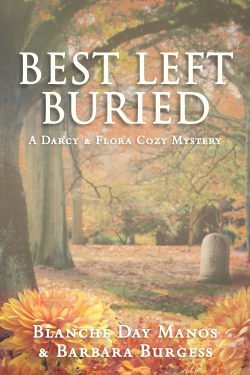
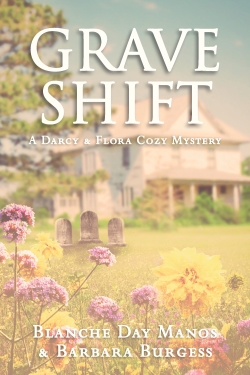
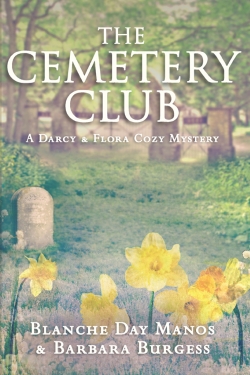
Speak Your Mind